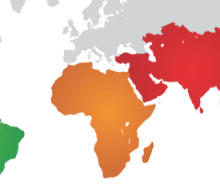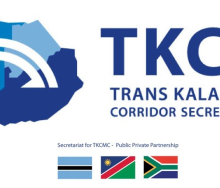International Fraud Awareness Week may have ended yesterday (Sunday), but the threat that online transactional convenience poses to commerce should be kept top of mind, alarming figures reveal.
According to American consumer credit reporting agency, TransUnion, its latest quarterly analysis of global online fraud trends have found that since the start of the Covid pandemic, fraudsters in South Africa have been increasing their digital schemes against businesses.
“In addition, TransUnion’s recent Global Consumer Pulse Study found that 37% of South African consumers have recently been targeted by Covid-19-related digital fraud.”
A statement released on behalf of Standard Bank this morning said: “The financial services sector remains a top targeted industry in Africa when it comes to cybercriminal activity and such cyber threats – not surprising when one considers the digital-first approach this sector continues to take, driven by the needs and expectations of its customers.
“The rise in digital fraud, especially during the pandemic, is a concern that consumers need to ensure they are armed to deal with.”
Research into cybercrime has found that the top Covid-19-related digital scams were:
- Fake insurance
- Unemployment
- Third-party seller scams
- Phishing
- OTP vishing
- Smishing and sim swop
Data released by Russian cybersecurity software provider, Kaspersky, further shows that more than two-thirds of local respondents say that either they or their loved ones have been the target of criminals via social networks since the outbreak of the virus.
“Around two in five consumers (41%) reported that they are personally aware of a Covid-19-related digital fraud attempt targeting them in the last three months, with 7% having fallen victim.”
To guard against online scammers, e-shoppers are advised to watch out for the following tell-tale signs:
- What you are offered or promised sounds too good to be true
- The offer takes you by surprise, or the prize relates to a competition you didn’t enter
- You’re given limited time to confirm your details or win the prize, catching you off guard
- You receive the information via a free email address (like Hotmail, Aim, Yahoo or Gmail)
- You are promised large sums of money for very little or no effort on your part
- You’re asked to provide money upfront, for whatever reason, to receive the money or prize
- You’re asked to confirm personal or account details via a hyperlink, icon or attachment in an email or over the phone













